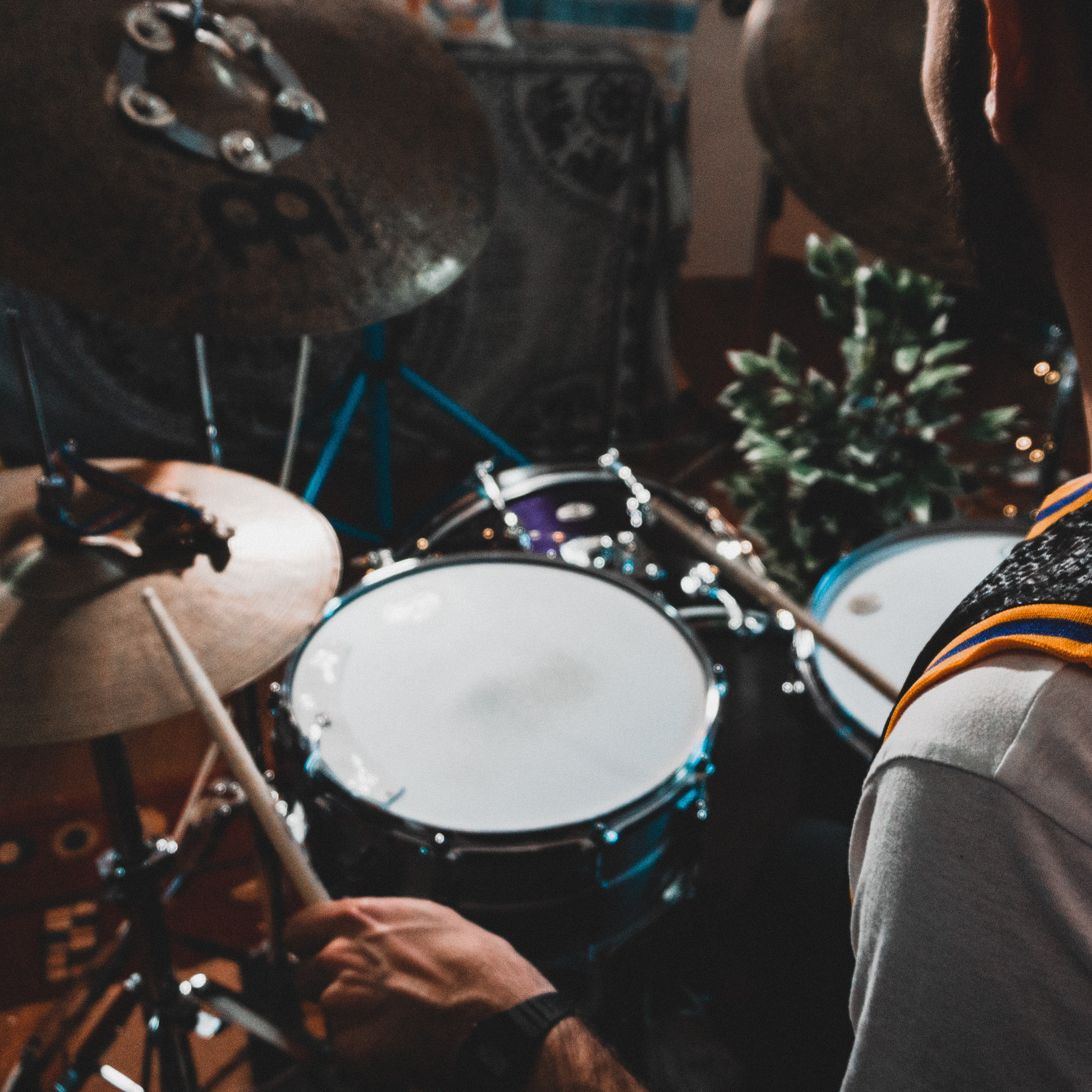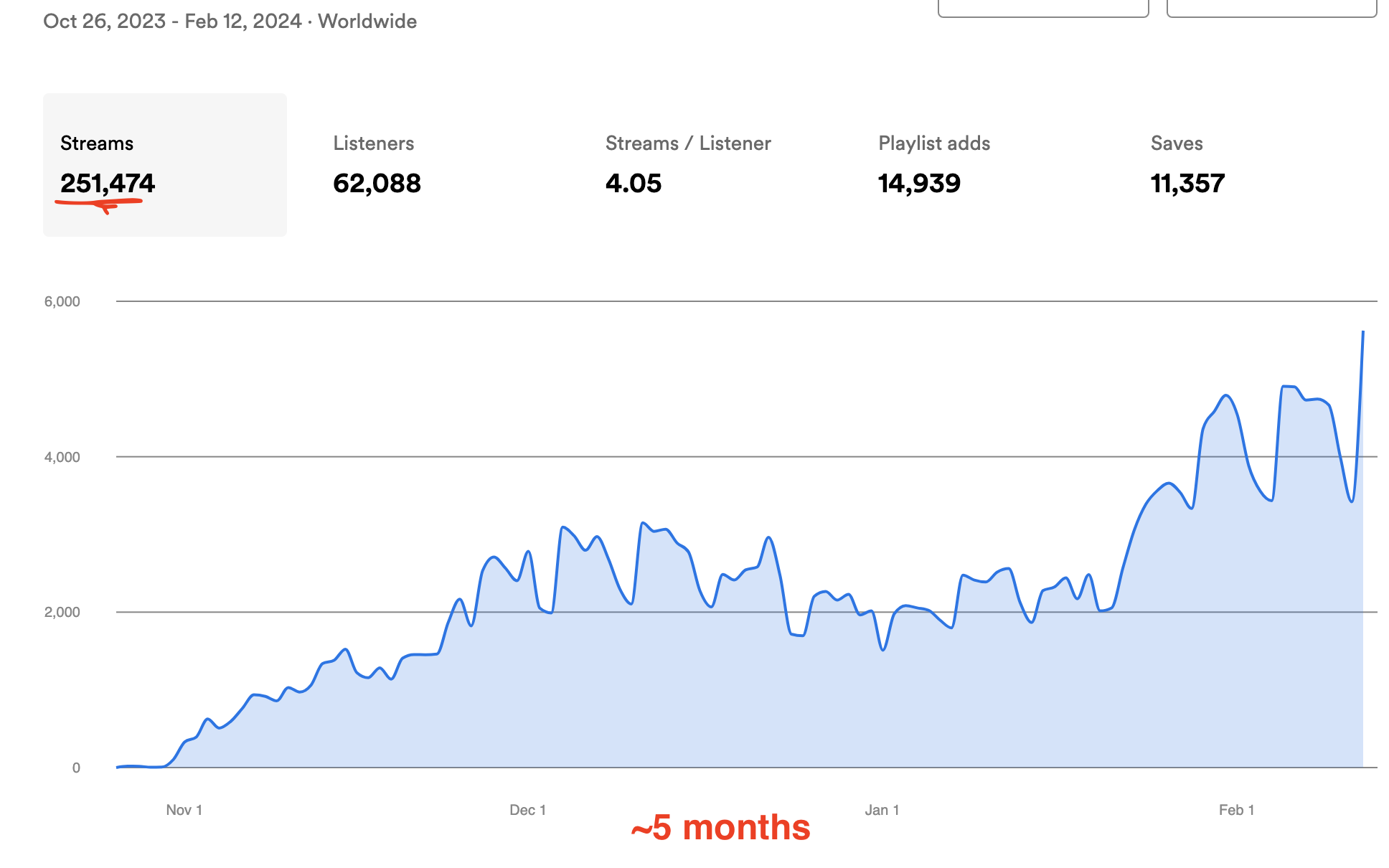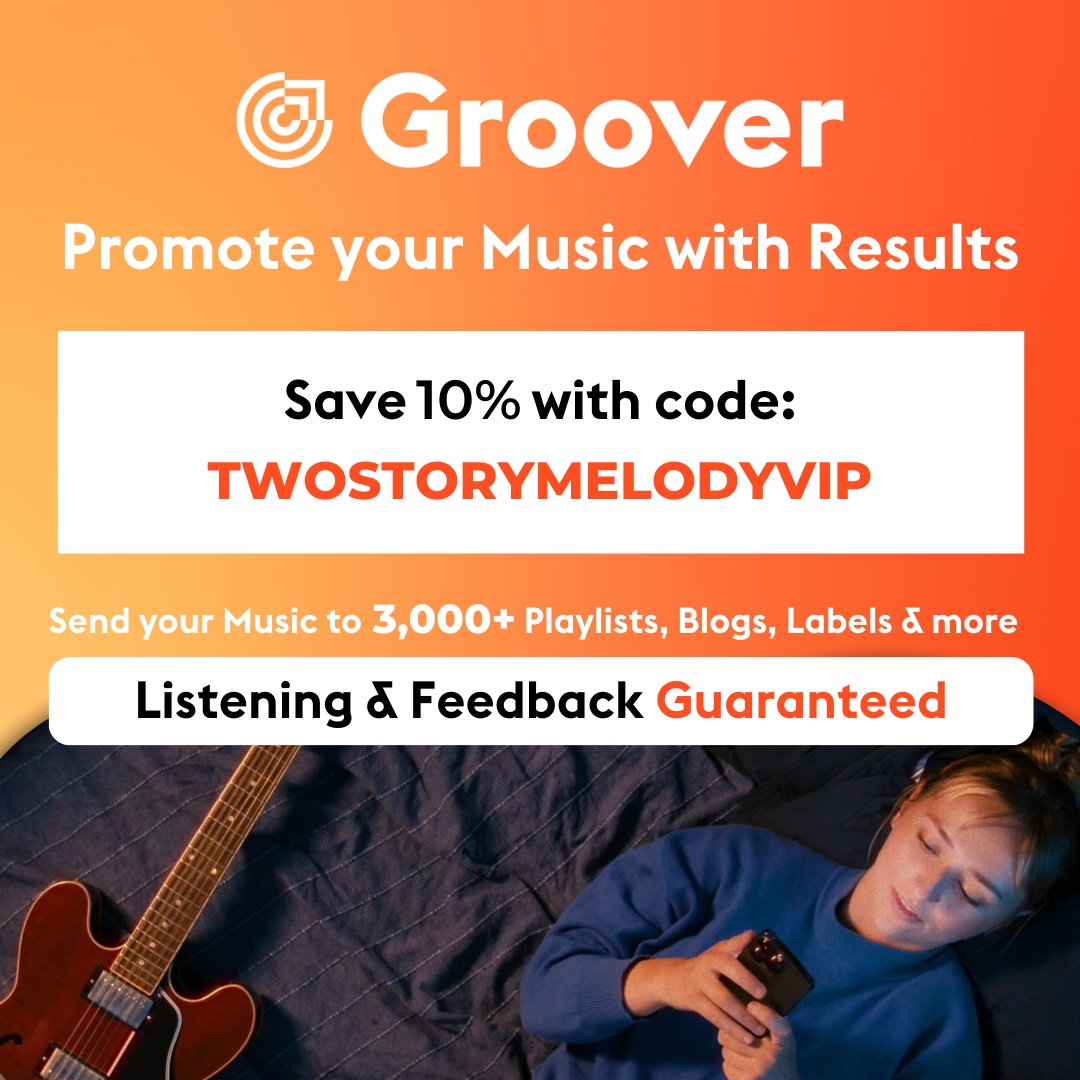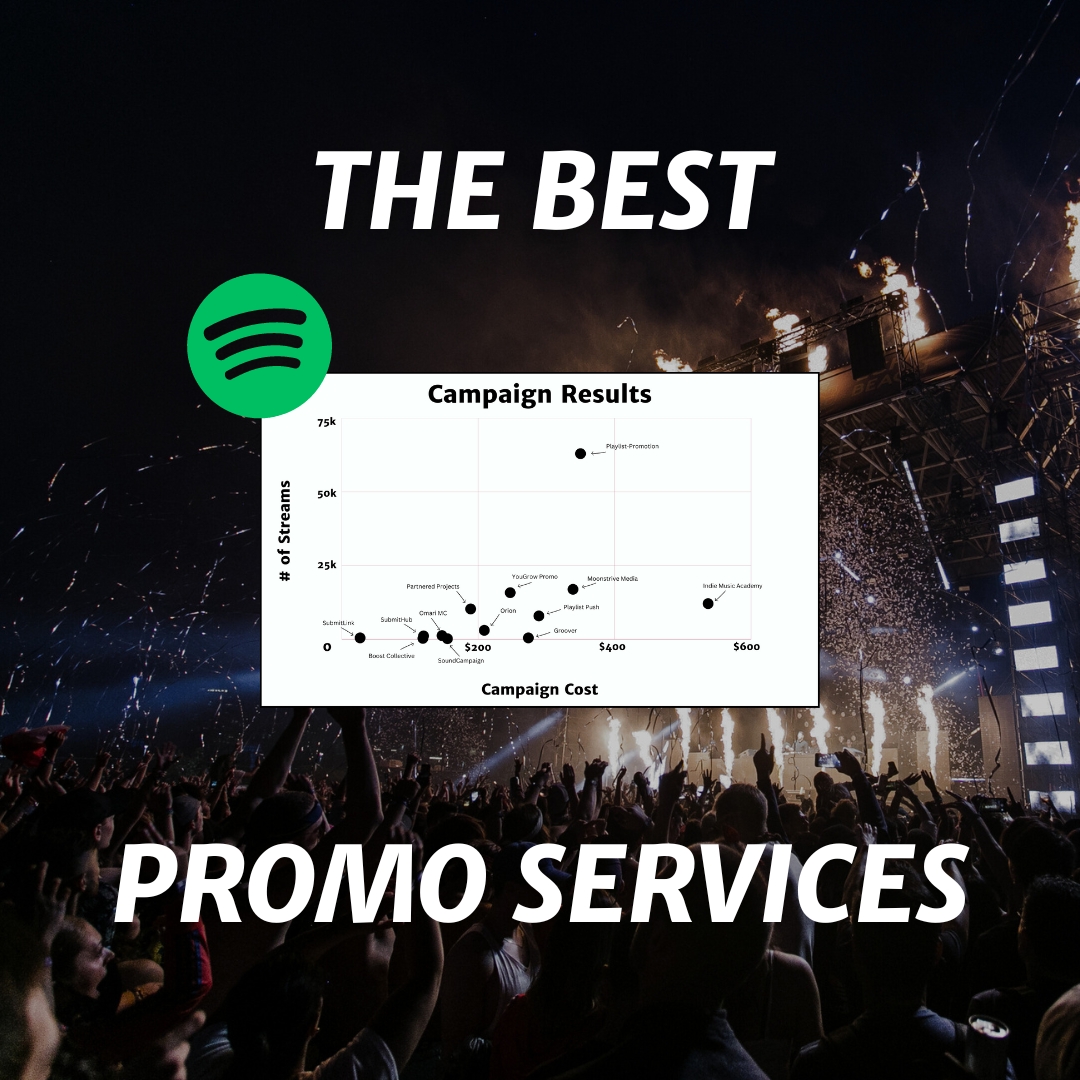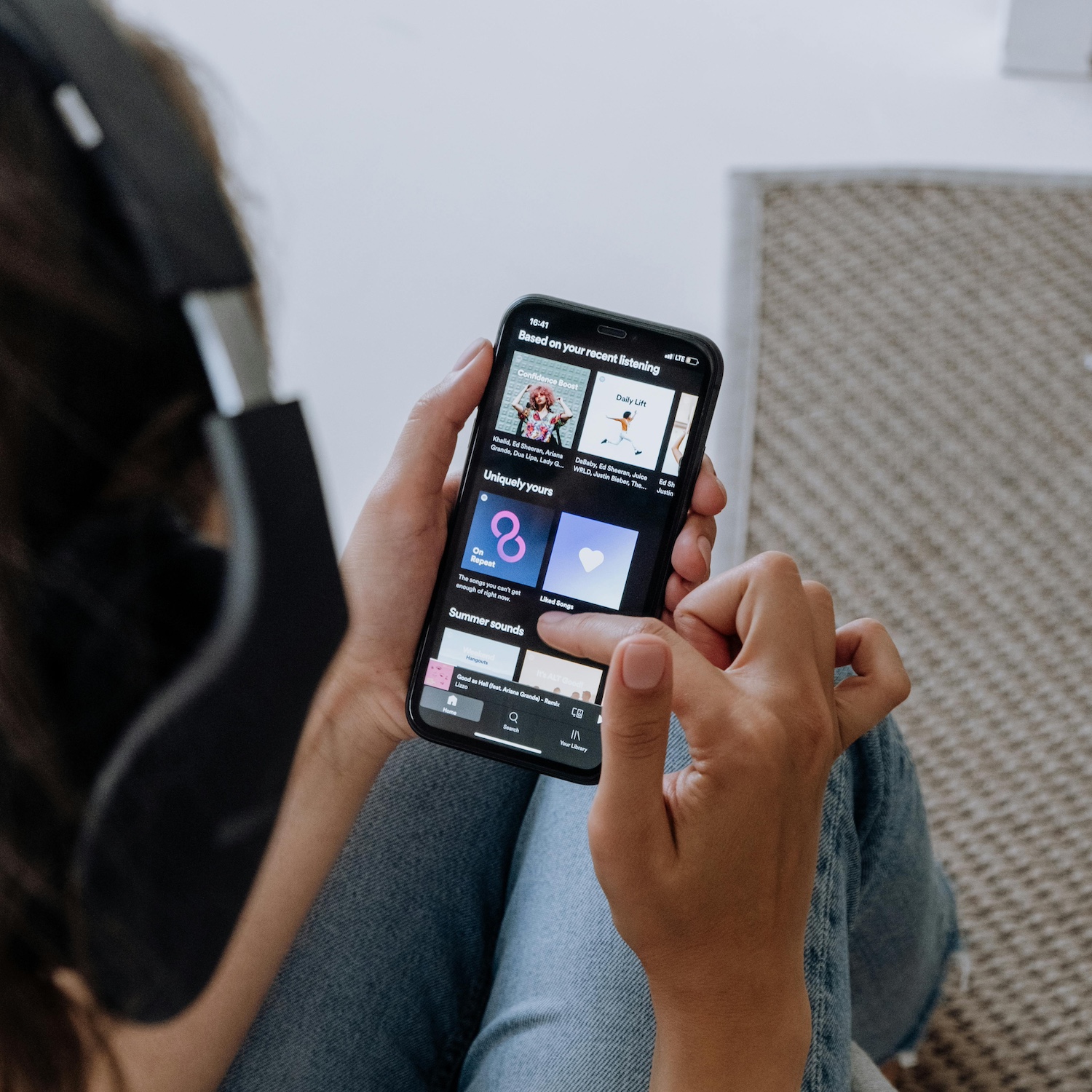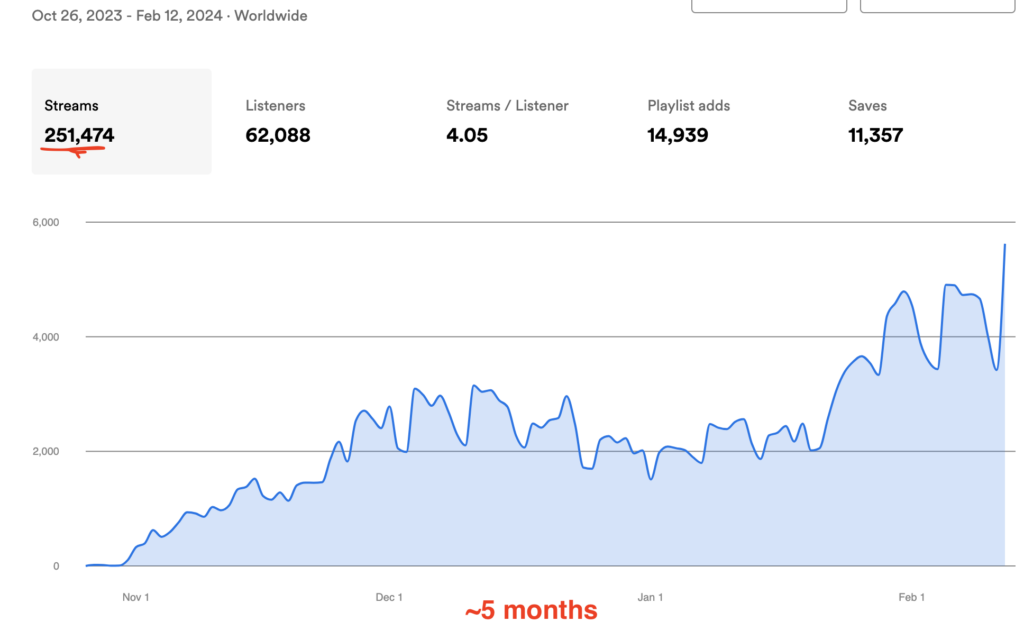Being a musician is all about the money. Just kidding.
An artist friend of mine once said that choosing to be a musician is essentially choosing to be poor for the rest of your life. I think there’s a lot of truth in that.
To clarify, he doesn’t mean that musicians never make any money. That’s obviously not the case. And he himself is a full-time artist and songwriter who’s making a solid living. What he meant was that when you first decide to pursue music as a vocation, you’re committing yourself to the love of the craft, not to the monetary success it may or may not bring you. To put it simply: if you’re going to choose to be a musician, you have to be okay with not making much money, especially right away.
Of course, you need money to live, and being a musician, artist, songwriter, or producer is a job as much as it is a hobby. So, if you’re doing it on your own, you should be taking advantage of every revenue stream you can.
Before we get started, let me just say this: last year and this year, the music industry took a gut punch from COVID. Many musicians lost a large portion of their gigs, and the return to touring and other in-person things like studio sessions and co-writes is slow-going. But don’t give up hope: music is still worth making, and there are still ways to do it for a living. Let’s look at some ways to make money as a musician in 2021.
Streaming
What it is: Music that is played online using services such as Spotify and Apple Music.
How it makes money: Generates digital and performance royalties.
You don’t need me to tell you that streaming is the way most people listen to music these days. So, if you’re an artist, you better have your music on all the internet places.
Spotify is the world’s largest music streaming service, and for good reason. I talk about it in more detail here and here, but here’s the gist. They are experts at determining what music their users will enjoy, and consistently put together perfectly tailored playlists for every occasion. Their platform is extremely intuitive, and their algorithmic features are a thing of beauty. And I’m personally convinced that Spotify knows me better than I know myself.
Apple Music is also massive, and quickly evolving to do more and more of what Spotify does. And because their users are all paying to be on the service (unlike Spotify, which has free and premium users), having music streamed on Apple Music generally makes a little bit more money for the artist.
Other streaming services include Deezer, Amazon, TIDAL, SoundCloud, YouTube Music, and more. There are also non-interactive services (which means listeners don’t choose the specific songs they hear), like Pandora and Sirius XM.
If you’re an artist of any kind (grouping in producers who release their own music here; I’m looking at you, DJ Khaled), then having your music on streaming services is a must. Distributors like DistroKid, CD Baby, Ditto, and TuneCore make it really easy to get your music to all major streaming platforms. There are also free options, like Music Gateway and Amuse.
In the spirit of full transparency, streaming is not likely to be a stand-alone source of income; that is, it’s pretty low-paying unless you’re a super successful artist. Royalties are divided in an annoyingly complicated way (which I explained more in-depth here and here), and even if you own everything you make, you still will only make around $5.00 per 1000 streams.
But in spite of that relatively low number, streaming is still easily the best way to build a fanbase for your music and get your songs heard by people around the world. So, if you’re an artist, do some research about best strategies for getting your music played on streaming services. It’s a great way to start earning some extra money, and it can be the gateway to a successful music career elsewhere.
Songwriting and Publishing
What it is: Taking part in the composition of a new, original piece of music.
How it makes money: Generates writer and publisher royalties.
There are a million different ways to be an active songwriter, even if you’re not a lyricist or a singer. These days, producers and musicians are increasingly getting co-writing credits for contributing key riffs, or building out the sonic backdrop of a song. So when I say “songwriter,” I don’t mean you have to be the one writing every lyric and melody. Just start involving yourself in the creative process, doing whatever your strength is.
Songwriting is a great way to practice creativity on a daily basis, and every song you write or co-write is a piece of intellectual property which you can use for profit. So, if you have a lot of free time these days, take a few hours a day to write, collaborate, and make as much music as you can, thinking of it as a job that will yield more money the more time you dedicate to it. And with technological tools like FaceTime and Zoom, co-writing is still possible, even while in-person events are shut down.
To make money from your songs, they have to be recorded, or performed, or otherwise used in some way. Songwriting royalties are a bit complicated, but I’ll put it as simply as I can. Depending on how your music was played, all royalties are collected and paid out by Performance Rights Organizations (PROs), Mechanical Rights Organizations (MROs), and a few other types. Every song you write generates two types of royalties: those owed to the songwriter, and those owed to the publisher.
If you’re an active songwriter, then make sure you’re registered with a PRO, like ASCAP or BMI in the US. Being a member of a PRO is the only way to collect every penny you are owed for the songs you write.
However, PROs withhold half of their collected royalties, and make them only accessible to publishers. And MROs, like the Harry Fox Agency in the US, only pay publishers. So even if you’re registered, you won’t be paid everything your songs make unless you’re represented by a publisher.
There are two ways around this:
The first is to sign with a publisher. Pub deals are usually contractual (you write a certain number of songs for a certain amount of years, and the publisher pitches them to places they will be performed and heard). But because they’re contractual, they’re selective and competitive, and you can’t guarantee a publisher will want to sign you.
The second option is to use a publishing administration service, like Songtrust. For a one-time fee and a small cut of profits, they’ll collect all royalties that are only accessible to publishers and pay them out to the songwriter. In short: you get all the money you deserve for your songs.
So, being a songwriter is a key way to make money in the music industry. And musicians, singers, and producers can all get in on it.
House Shows and Live Streams
What it is: Playing music for audiences in small or remote settings.
How it makes money: Generates ticket and merch sales, and builds an audience.
For artists, the money has always been in touring. Playing live music is still possible, even in a socially-distanced world.
Playing shows of any kind will naturally help you hone your performance skills, but house shows provide a level of intimacy with your audience that otherwise would be hard to achieve. The “venue” is usually a living room, basement, or backyard of someone you know, so there is little to no cost to booking a space or paying a promoter. The audiences are small, and because it feels so much like a hangout rather than a large-scale production, people always bring friends and listen intently. In a house show setting, it’s much easier to tell stories behind songs, gauge responses, and connect personally with everybody who shows up.
Now that live events have been shut down for a while, the first ones to open back up are likely to be small. House shows were already a cool option for smaller artists before COVID, and now, smaller acts have an advantage: they’re willing to play for fewer people. The first tours after COVID will likely be groups of small, intimate shows. If touring is your thing, then get booking (but stay safe, of course).
If touring isn’t on your radar just yet, then there are still ways to play live. Live stream shows are a great way to play in front of your fanbase, wherever they may be. Free options are Instagram Live and Facebook Live, and there are also ticketed options like Ticketleap and Livestream.
Either way, there are clear ways to make money with live shows of any kind. Ticket sales and merchandise sales are easy to set up and collect, and wherever or however you perform, there are plenty of strategies for building an audience that will support your music.
Sync Licensing
What it is: Getting your music placed in film, TV, and other video formats.
How it makes money: Generates Synchronization and digital royalties, and builds an audience.
Hot take: sync licensing is the dark horse of the industry.
By “dark horse,” I mean that it is a great way to make money and get your music heard on popular platforms, yet it’s not often talked about in artist circles.
Music plays an integral part in both the film and television industries. (If you don’t believe me, just try to watch this video without cringing.) Pretty much every movie, TV show, and commercial has music from start to finish. That’s where sync licensing comes in.
If you watched all the most popular movies and shows, it’d be nearly impossible to find one that doesn’t have at least one song (and that’s excluding the score, which is different). Every episode of shows like Grey’s Anatomy, Shameless, The Walking Dead, etc showcase at least a few songs per episode. You can’t watch a Jeep commercial without hearing some new folk-rock song that will be stuck in your head for the next few hours. And don’t even get me started about “My Heart Will Go On” and Titanic. Not only do these placements pay well; they help build an audience. And even if you’re not already popular like Celine Deon, there are plenty of notable examples of sync placements that helped artists kick-start their careers.
And the good news is that there are plenty of ways to get started in the sync world.
Getting started with the writing part is simple enough: just start writing with certain movies, shows, and commercials in mind. Obviously it’s too late for placement in things that already exist, but chances are that there are plenty of similar movies, shows, and commercials being made right now.
I have a few good friends who write music for sync purposes. They usually start with a mood (think “adventurous” for a car commercial, “happy” for a McDonald’s commercial, etc.) and build a track around it. After that, lyrics usually flow naturally, because A) they hardly matter, besides one or two short focus lines, and B) the product, show, or movie you’re writing for usually has a slogan or main idea to write with. Think “I See Fire” by Ed Sheeran from The Hobbit, or “No Time to Die” by Billie Eilish from the new James Bond movie.
Writing for sync also takes the pressure off of songwriting, because you’re writing to emphasize a separate product. Usually, artists themselves are the product. With sync, there’s no worries about whether or not their song represents their own brand well. It’s not about them.
After you have a repertoire of songs that would work well for film or TV, there are a few options for getting them found.
If you’re signed to a publishing company, then they’ll likely do the pitching for you. If not, then most sync library websites, like Artlist, have a submission link. Some, like Musicbed, open up submissions periodically, or find artists in other ways.
Once your song is placed in a show, commercial, or movie, you will be paid royalties any time it plays (unless you agreed to a one-time fee with the licensee). Some artists make good chunks of their money from sync licensing. Bands like The Civil Wars, The Black Keys, and fun. repeatedly get placements because their sounds are so unique and specific to a certain mood or subject, and their success has grown because of it.
So, if you’ve never written for film or TV, now’s the time to start. When Titanic 2 comes out, you could be the next Celine Deon.
Remote Recording
What it is: Recording music for other people’s projects in a separate home or studio.
How it makes money: Generates studio musician revenue.
Last but not least, we have remote recording.
If you’re a guitar player who lost the ability to tour due to COVID restrictions, or if you’re a drummer who’s been looking to connect with artists, then remote recording is the way to do it.
Many of my touring friends have made the switch to being full-time studio musicians, and it certainly keeps them both busy and paid. In the changing technological landscape, recording has never been easier to do at home. If you have a few microphones, Logic or GarageBand, and a quiet room in your house, then you’ve got studio work waiting for you.
If you have artist friends, ask them if they need any parts recorded. Or, if you’re new to the music industry and don’t have many connections yet, websites like Fiverr and Upwork make it easy to get your name out there and start finding people who need your skills.
This year, everything from studio sessions to live events are still on hold, but there are still ways to make it in the music industry. So if you have the time to dedicate to your craft, go out there and make music. There are still ways to make a living doing it.

